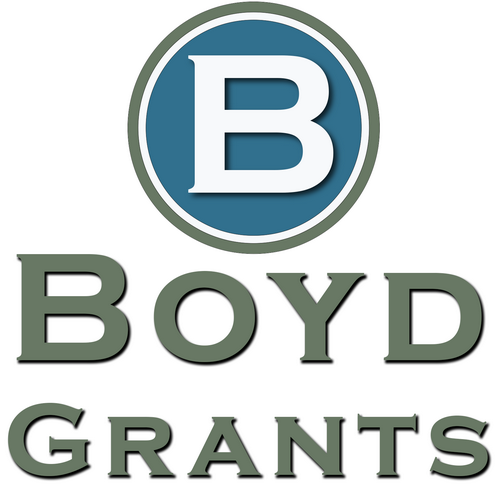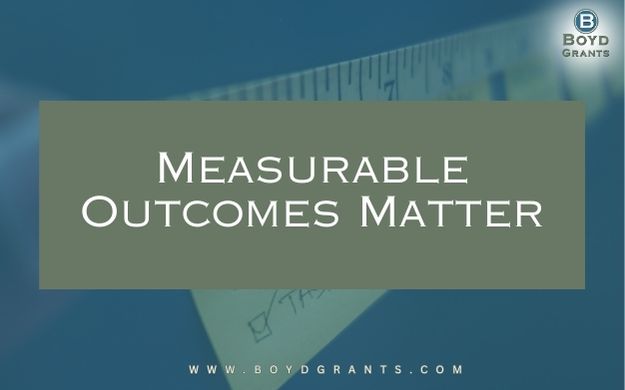When it comes to writing grant proposals, it’s easy to fall into the trap of describing activities—what you’re planning to do, how you’ll do it, and when. However, funders are more interested in the change your project will bring about. They want to see results. This is where measurable outcomes come into play.
Measurable outcomes are the benchmarks that define the success of your project. They allow funders to assess the potential impact of your work and determine whether it aligns with their mission and goals. By focusing on clear, evidence-based outcomes, you show funders that you can follow through and create tangible, meaningful change.
Why Do Measurable Outcomes Matter?
Funders want to know how your project will affect the target community or population. They’re not just looking for a list of activities—they want to understand the results of those activities. Will your workshops improve skills? Will your initiative increase access to resources? Will it lead to long-term positive changes?
For example, instead of simply saying, “We will host financial literacy workshops,” a stronger, more compelling outcome would be, “We will increase knowledge of financial literacy among 75% of participants.” This statement gives a specific, measurable target, which demonstrates your ability to track and assess the success of your project.
Turning Activities into Measurable Outcomes
To make your outcomes measurable, think about the following key questions:
- What change are you aiming for? Identify the specific knowledge, behavior, or condition you hope to improve.
- Who will be impacted? Specify the group or community you intend to serve.
- How will you measure success? Define the metrics you’ll use to track progress and determine if you’ve achieved the desired change.
Examples of Strong Measurable Outcomes:
- Instead of: “We will offer job training to unemployed adults.”
- Try: “We will help 60% of participants secure employment within 6 months of completing the program.”
- Instead of: “We will host a series of health education workshops.”
- Try: “We will increase participants’ knowledge of nutrition and exercise by 50%, as measured by pre- and post-workshop surveys.”
- Instead of: “We will provide mentoring to youth in underserved communities.”
- Try: “We will improve participants’ academic performance, as 80% of mentees will show an increase in GPA by the end of the school year.”
The Power of Evidence-Based Results
When you include measurable outcomes in your grant proposal, you help funders feel confident that their investment will lead to positive, quantifiable change. They can easily see the impact of your project, which helps them make informed decisions about where to allocate their resources.
Measurable outcomes also help you evaluate your own work. By setting clear targets and tracking your progress, you can adjust your approach as needed to stay on track and maximize your impact.
Final Thoughts
Grant writing is not just about what you do; it’s about what you achieve. Funders want to know that their support will lead to real, positive change. By incorporating measurable outcomes into your proposal, you demonstrate your ability to create lasting impact and provide clear evidence of success.
Remember, it’s not enough to say, “We will host workshops”—instead, show them how your workshops will drive change, and define exactly how you’ll measure that change. With strong, measurable outcomes, you can transform your grant application from a list of activities to a compelling, results-driven narrative.


Recent Comments